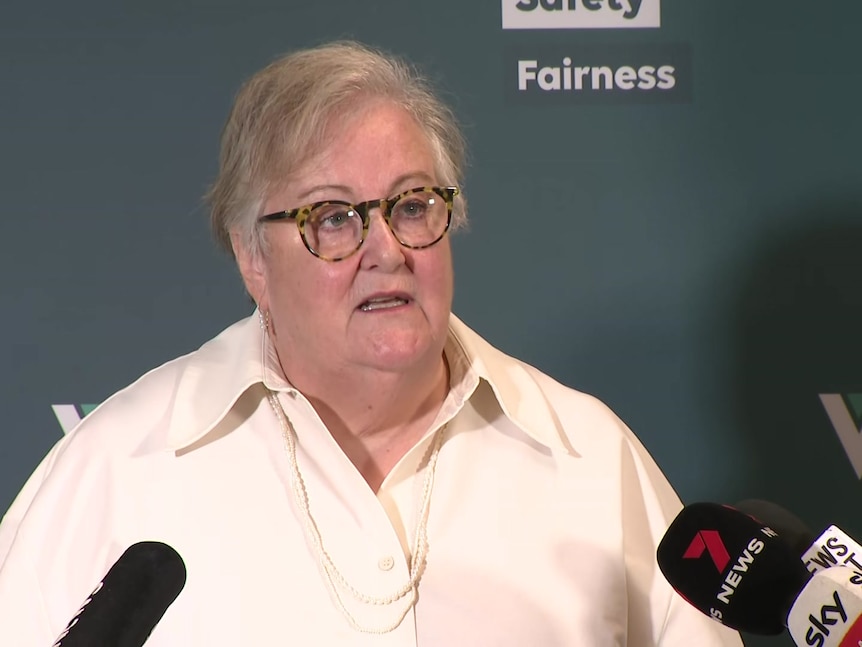Lobbying in Australia: Lack of Transparency and Potential Influence on Public Health Policies
The alcohol, tobacco, food, and gambling industries are known for their efforts to shape public policy by lobbying government ministers and advisors. However, a recent study has revealed that the lobbyist registers in Australia provide limited information and are not comprehensive enough to shed light on the extent of lobbying activities and their frequency. This lack of transparency raises concerns about the potential for business interests to exert undue influence over health policies, which can undermine trust in the government and pose a risk to democracy.
Why is Lobbying a Concern?
Lobbying is an essential part of the democratic process, allowing individuals and businesses to represent their views to the government. However, not everyone has equal access to decision-makers, and some individuals and businesses have disproportionate and undue influence on government decision-making. Lobbying is one form of such influence, and certain industries have been particularly active in lobbying efforts.
For example, the alcohol industry has lobbied to delay the implementation of pregnancy warning labels, while the gambling industry has sought to weaken gambling regulations. The tobacco industry even sued the Australian government over its plain packaging laws after failed attempts to derail them through lobbying. These examples highlight the potential for business interests to shape policies that may not align with public health goals.
An In-Depth Look at Lobbyist Registers
To better understand the extent of lobbying activities and protect against undue political influence, the researchers examined lobbyist registers in Australia. These registers serve as digital phone books containing information about lobbyists and aim to prevent unethical or undue political influence.
The study found that Australian lobbyist registers provide limited information compared to international registers. For instance, in the United States, companies are required to disclose the amount of money they spend on lobbying. Additionally, only a few registers in Australia indicate whether a lobbyist has previously worked in government, making it difficult to identify potential conflicts of interest.
Industry Influence and Missing Information
Among the industries analyzed, gambling organizations hired the most lobby firms, followed by food, alcohol, and tobacco. The presence of lobby firms representing tobacco companies in multiple jurisdictions raises concerns about compliance with international guidelines warning against tobacco industry lobbying.
However, the lobbyist registers only provide information about third-party lobbyists working for professional lobby firms, excluding many lobbyists employed directly by tobacco or alcohol companies or industry associations. This lack of transparency means that a significant amount of lobbying activity remains hidden from the public.
Furthermore, the registers do not record details of lobbyist meetings or contacts with government officials, nor do they disclose the financial aspects of lobbying activities. The absence of information about individual lobbyists’ clients also raises questions about potential conflicts of interest.
The Need for Greater Transparency and Oversight
In light of the findings, the researchers emphasize the importance of lobbying reform to ensure political integrity. They suggest expanding the definition of “lobbyist” in the lobbying code of conduct to include all forms of lobbying, not just those working for third-party firms. This would help address potential loopholes and prevent former government officials from taking jobs with companies they previously regulated.
Additionally, better enforcement of lobbying rules and the imposition of sanctions and fines for non-compliance could improve transparency and accountability in the lobbying process.
Conclusion
The lack of transparency in lobbyist registers in Australia raises concerns about the potential influence of business interests on public health policies. To protect against undue political influence and foster political integrity, there is a need for greater transparency and oversight in the lobbying process. Reforms should include expanding the definition of lobbyists, enforcing rules more effectively, and providing more comprehensive information about lobbying activities and financial aspects. By addressing these issues, Australia can ensure a more transparent and accountable political system.
Quote from the Website Author: “The lack of transparency in lobbyist registers is a significant concern as it allows business interests to potentially shape public health policies without adequate scrutiny. Greater transparency and oversight are necessary to protect the integrity of the democratic process and ensure that decisions are made in the best interest of the public.”
Author’s Conclusion: Lobbying reform is crucial to safeguard political integrity and prevent undue influence on public health policies. By expanding the definition of lobbyists, enforcing rules effectively, and providing comprehensive information, Australia can enhance transparency and accountability in the lobbying process. This will help build trust in the government and ensure that decisions are made in the best interest of the public.

George Barham, an accomplished journalist and avid gambling enthusiast, serves as the esteemed Editor-in-Chief at fly-to-australia.com, Australia’s leading source for comprehensive gambling news and insights. With an unwavering passion for both the written word and the ever-evolving world of betting and gaming, George brings a wealth of knowledge and expertise to the helm of our editorial team.




